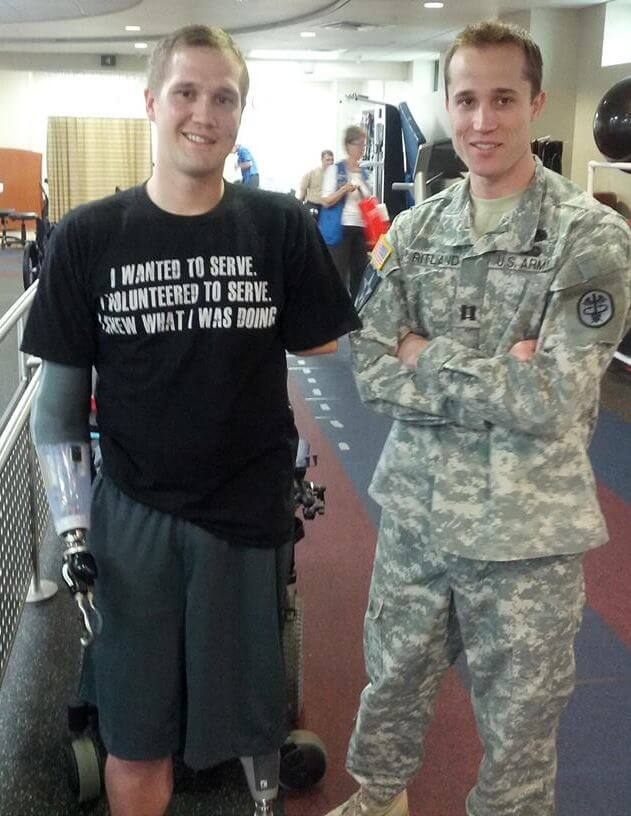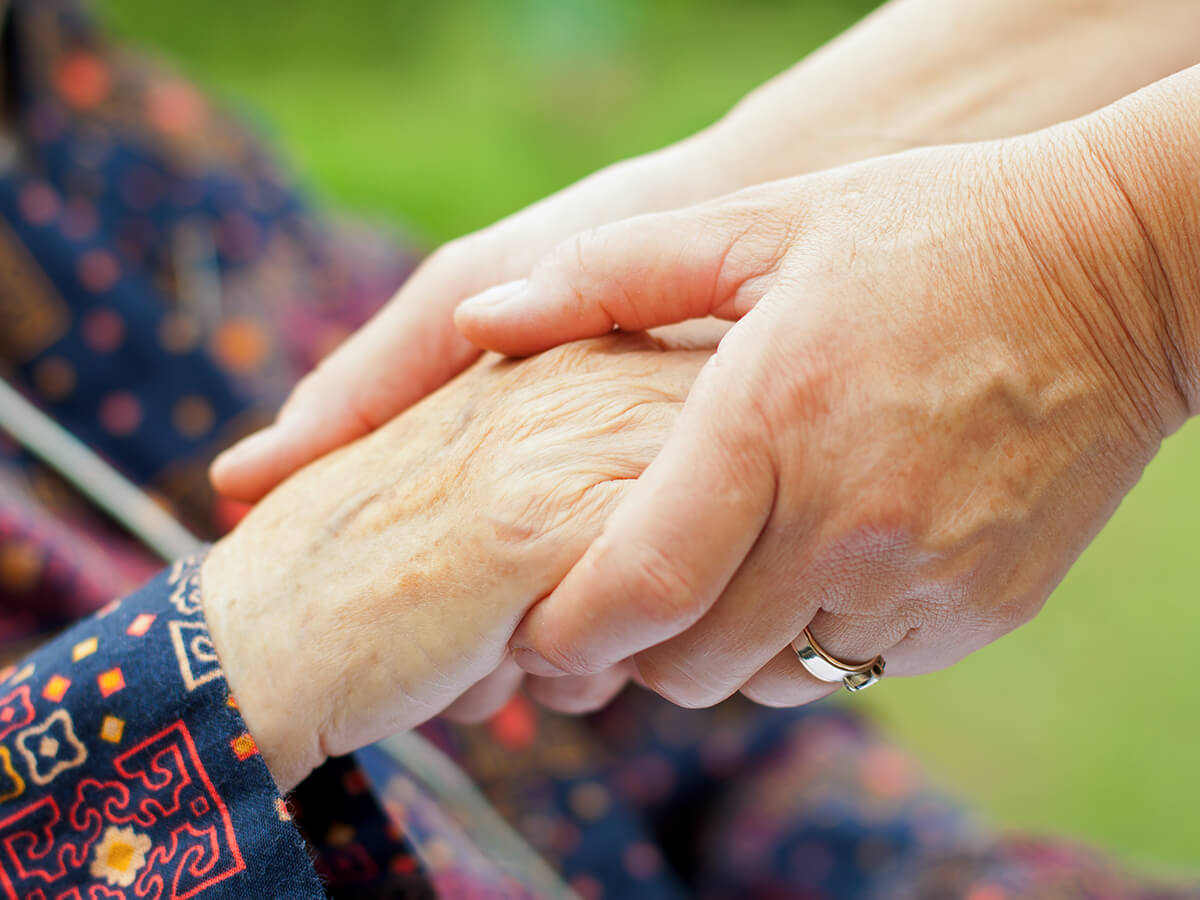Caregiving Basics
In any caregiving situation, there are four basic guidelines
to help ensure that you offer loved ones
the attention and support that they need.

PRAY
Whether before, during or after a caregiving experience, prayer helps ensure that our caregiving reflects the heart of God. In praying before we offer care, we acknowledge our reliance on God’s strength and healing. Prayer in the midst of care directly communicates our support for our friend, reminding them of the comforting power of the Holy Spirit (remember: ask permission to pray with a friend as well as what their prayer requests are). Following up your care with a commitment to continue praying offers additional encouragement and support for the one in need.
LISTEN
Compassionate empathetic listening is a caregiving guideline that is often taken for granted or overlooked, but it’s often the most powerful way you can help a person who is suffering. To listen well you must offer your complete, undistracted attention. You must also commit to hearing more than speaking, resisting the urge to give advice or tell your own story. When you respond, acknowledge the person’s pain and ask clarifying questions. You may also encourage them to name their own feelings, struggles and thoughts.


RESPECT THE GRIEF JOURNEY
Grief is a normal and natural journey by which a person makes a healthy adjustment to any significant loss in his or her life. Anticipating and accepting the emotions a grieving person experiences will let them know you are open and kind, offering room for them to process and feel what is happening for them in healthy ways. Emotions you may observe in a grieving friend include shock, denial, depression, anger, fear and bargaining. As you welcome and listen to these emotions without managing them or offering tips and advice, you help a grieving person journey towards acceptance. Remember: stay present and gracious as you engage the wounded’s grief.
PRESERVE THE DIGNITY
“Human dignity” can be defined as one’s self-worth. Our caregiving should not diminish a person’s feelings of self-worth/self-respect. Whether we care for a co-worker who is going through a divorce, a friend who has cancer, or for a spouse or parent–we need to remember that the person is first of all a child created by God. So engage their thoughts, feelings, struggles and dreams in light of that truth. When you wonder how to respond, ask yourself what you would want done to you in that same situation.

Explore Articles on Caregiving Basics

What advice do you give to an adult son who is being abused by his mother?
Dear Karen,
I have a friend who’s elderly mother has always been emotionally controlling, abusive and just down right mean. I would describe her as “toxic”, just full of venom. She seems to have never learned any other way to get her needs met. I would say she is mentally ill. Her son, my friend, is the only family member willing to make sure she is cared for. What is your advice for the son in this case… day after day, week after week subjected to the assaults to his heart, soul and humanity as he tries to do the right thing for his mother? – Sarah

Handling the Holiday When Grief is a Visitor
By Father Charles Hudson. Source from Reclaiming Christmas, by Ginger Jurries. When faced with the loss of a loved one we are forced to make a decision to help ourselves move through the pain. The holidays increase the pain because they validate the absence and the death of our child or sibling (or mate) and challenge us to make some basic decisions on just how we will get through the next few weeks. I would like to make a few suggestions for you to ponder and decide upon as the holidays descend upon us.

Wounded Warriors
Today’s wisdom is from Army Staff Sargent Christopher Walker-- but first my little story: On October 11, I was in Washington DC on my way to dinner when I fell and broke my pinky finger. My wound...

Just Because
"How are you doing? she asked. "I heard about the death of your grandmother and have been thinking about you." My eyes widened in surprise and pleasure as I recognized my friend Melanie's voice on...

Do’s and Don’ts When Caregiving for a Grieving Person
DO Start off the conversations with "I've been thinking about you." or "How are you doing today?" Offer to help with a specific task. Take the time to call the grieving person, and listen for what...

The Caregiver’s Prayer
(Submitted by Ann Anderson of Holland, MI)
Compassionate and healing God,
Help us to see Your face
In the faces of our sisters and brothers
Who are sick or injured.
Guide us to reach out to them
With hearts of compassion
